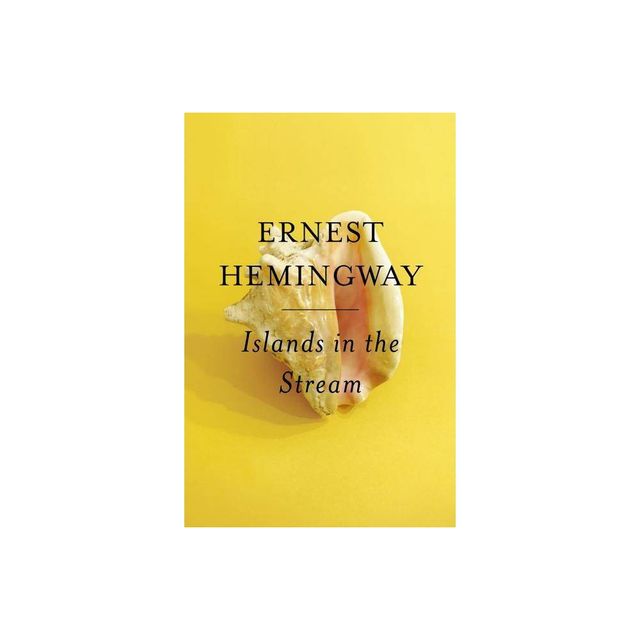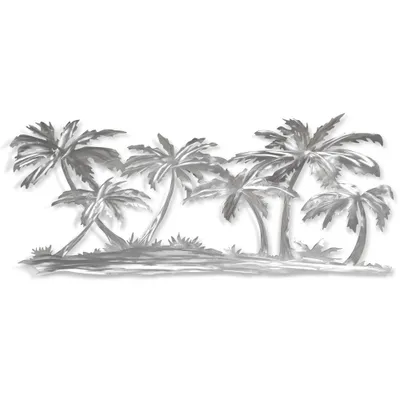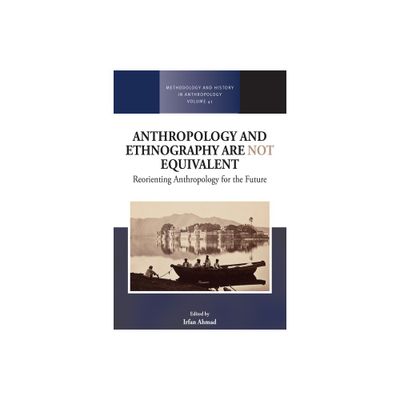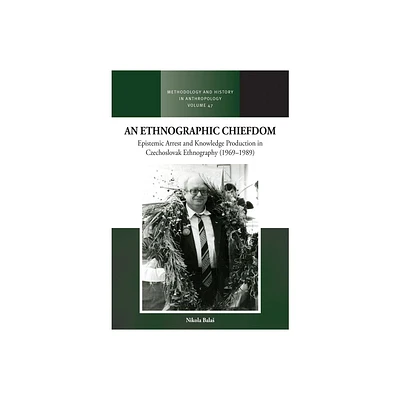Home
Island the Stream: An Ethnographic History of Mayotte
Loading Inventory...
Barnes and Noble
Island the Stream: An Ethnographic History of Mayotte
Current price: $46.95


Barnes and Noble
Island the Stream: An Ethnographic History of Mayotte
Current price: $46.95
Loading Inventory...
Size: Paperback
*Product Information may vary - to confirm product availability, pricing, and additional information please contact Barnes and Noble
Island in the Stream
introduces an original genre of ethnographic history as it follows a community on Mayotte, an East African island in the Mozambique Channel, through eleven periods of fieldwork between 1975 and 2015. Over this 40-year span Mayotte shifted from a declining and neglected colonial backwater to a full département of the French state. In a highly unusual postcolonial trajectory, citizens of Mayotte demanded this incorporation within France rather than joining the independent republic of the Comoros. The Malagasy-speaking Muslim villagers Michael Lambek encountered in 1975 practiced subsistence cultivation and lived without roads, schools, electricity, or running water; today they are educated citizens of the EU who travel regularly to metropolitan France and beyond.
Offering a series of ethnographic slices of life across time,
highlights community members' ethical engagement in their own history as they looked to the future, acknowledged the past, and engaged and transformed local forms of sociality, exchange, and ritual performance. This is a unique account of the changing horizons and historical consciousness of an African community and an intimate portrait of the inhabitants and their concerns, as well as a glimpse into the changing perspective of the ethnographer.
introduces an original genre of ethnographic history as it follows a community on Mayotte, an East African island in the Mozambique Channel, through eleven periods of fieldwork between 1975 and 2015. Over this 40-year span Mayotte shifted from a declining and neglected colonial backwater to a full département of the French state. In a highly unusual postcolonial trajectory, citizens of Mayotte demanded this incorporation within France rather than joining the independent republic of the Comoros. The Malagasy-speaking Muslim villagers Michael Lambek encountered in 1975 practiced subsistence cultivation and lived without roads, schools, electricity, or running water; today they are educated citizens of the EU who travel regularly to metropolitan France and beyond.
Offering a series of ethnographic slices of life across time,
highlights community members' ethical engagement in their own history as they looked to the future, acknowledged the past, and engaged and transformed local forms of sociality, exchange, and ritual performance. This is a unique account of the changing horizons and historical consciousness of an African community and an intimate portrait of the inhabitants and their concerns, as well as a glimpse into the changing perspective of the ethnographer.


















